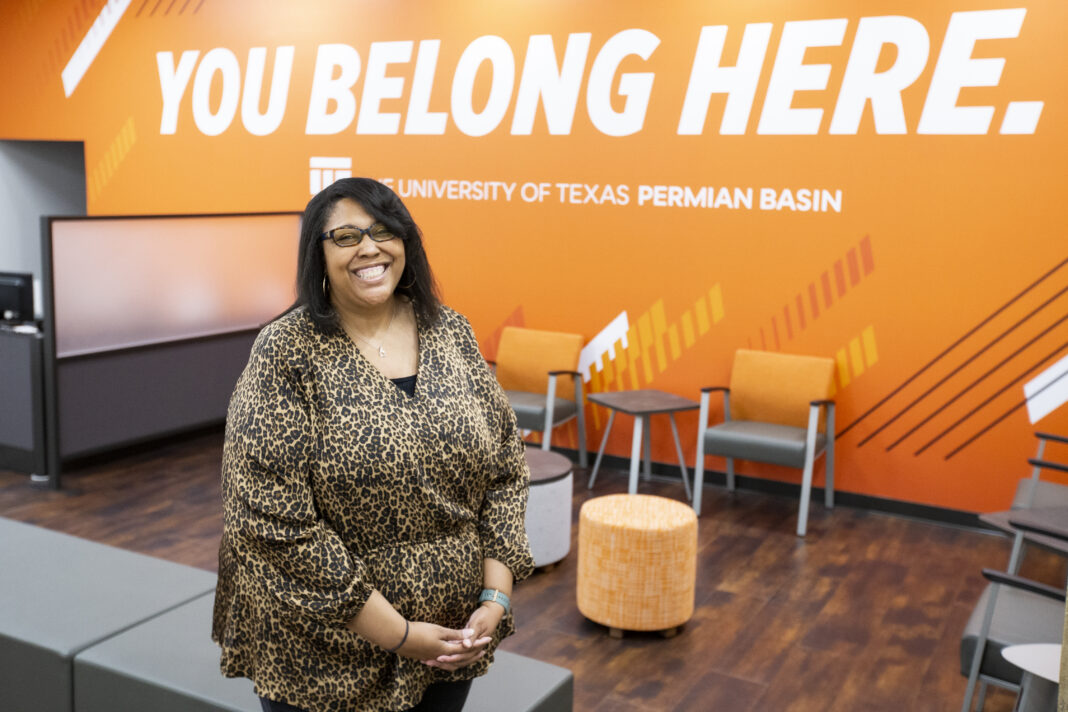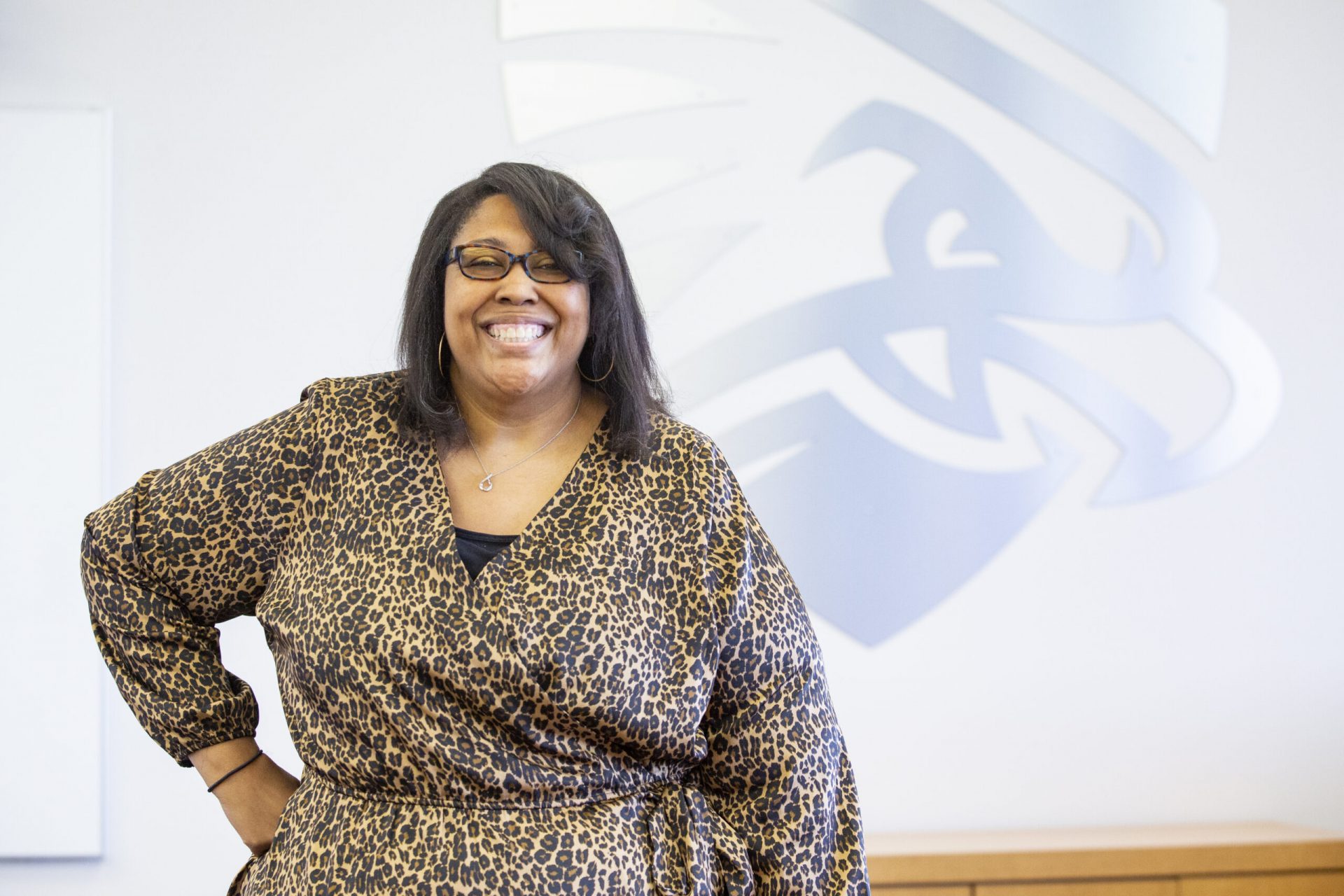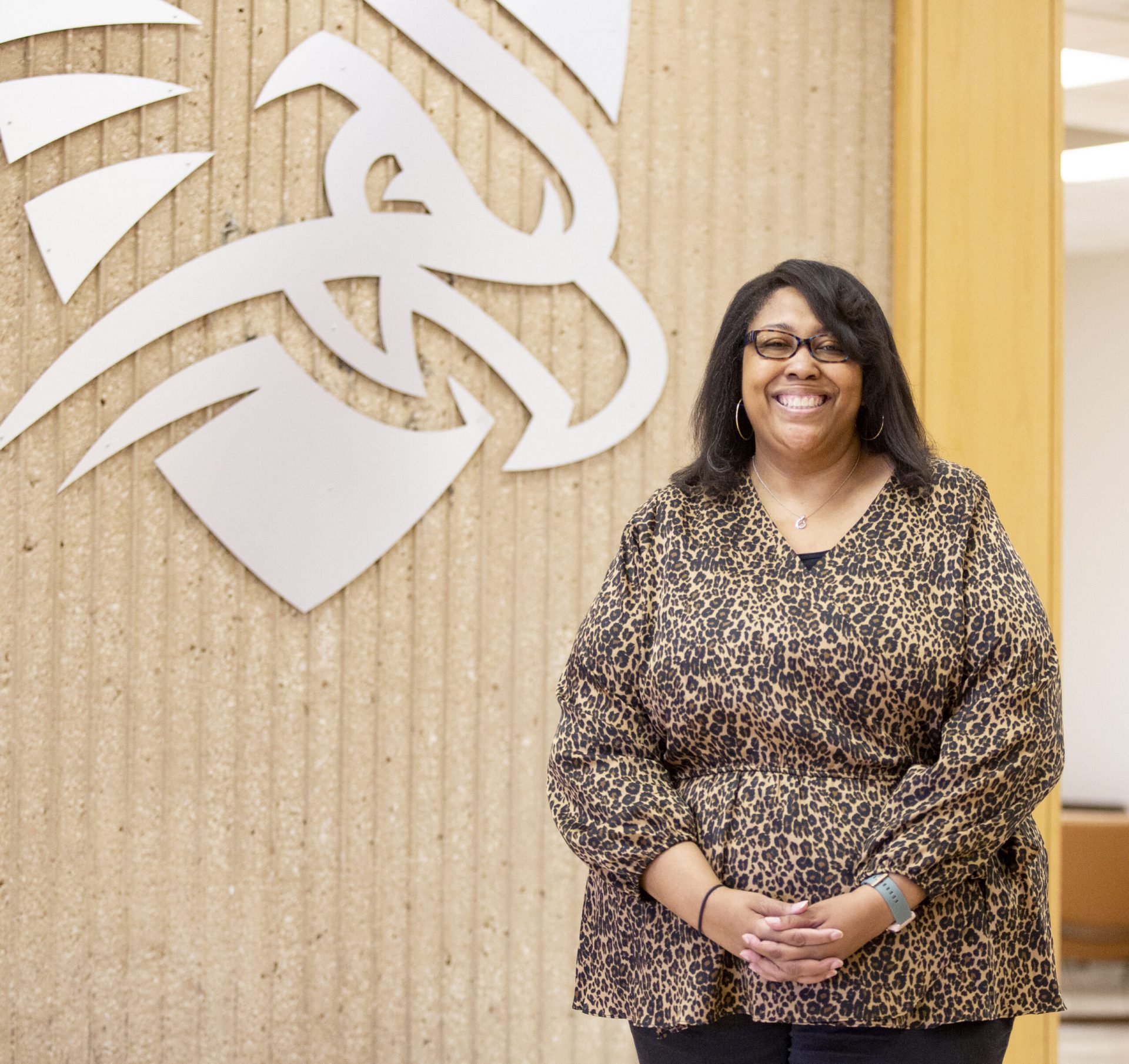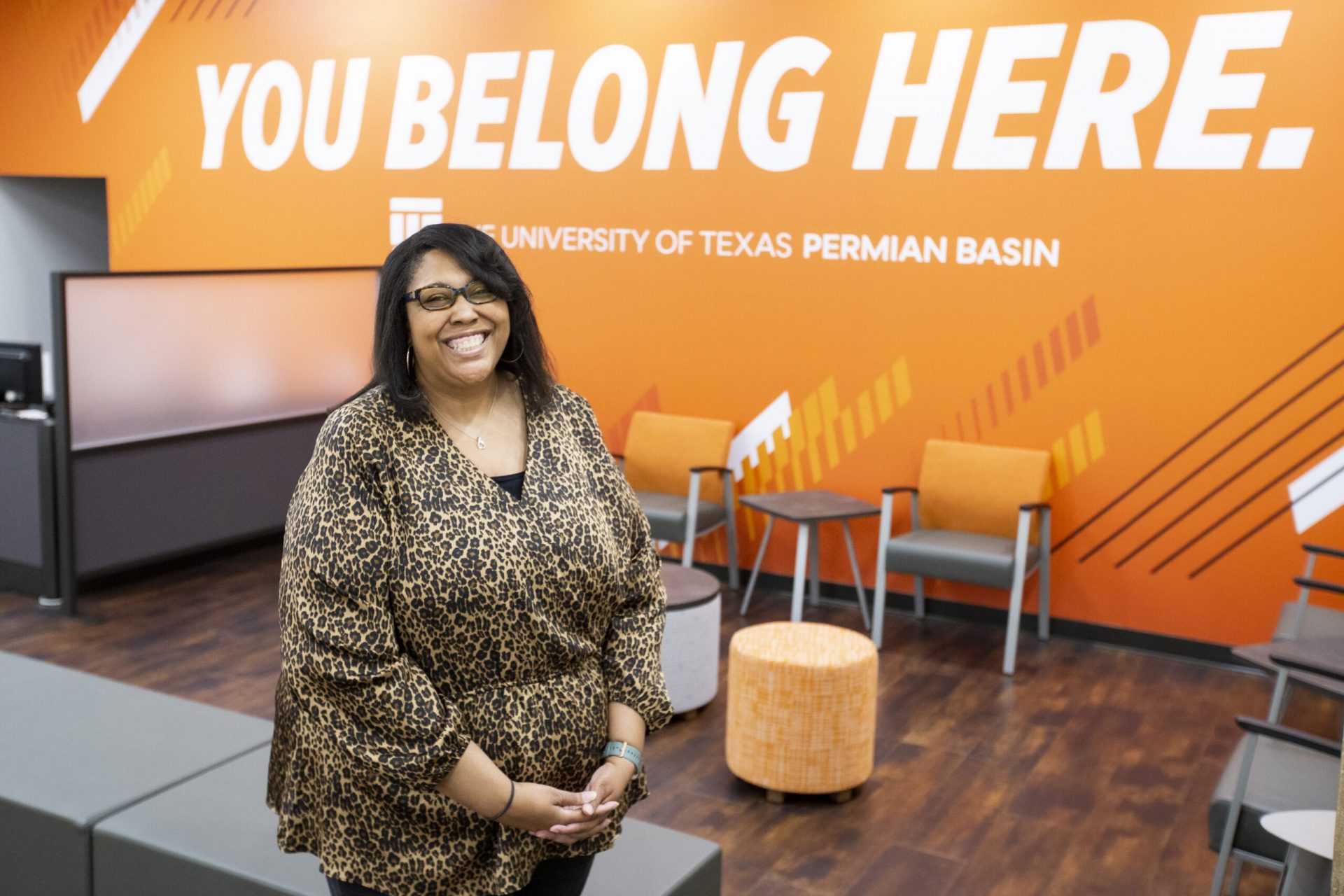After more than three years with University of Texas Permian Basin, Tanya Lowery has another hat to wear.
Having been the chief compliance officer since 2018, she now adds interim chief diversity officer.
With respect to the diversity part, Lowery’s role will be looking at diversity and inclusion efforts institution-wide and seeing where UTPB can continue to build its diversity and inclusion efforts, or tweak them as needed.
“… We want to continue to infuse diversity, equity, inclusion and social justice throughout UTPB. … We want to continue to make sure that UTPB remains a welcoming and inclusive environment and that folks understand the importance of being culturally aware, culturally sensitive, but also understanding you know how that kind of plays into the global world,” Lowery said.
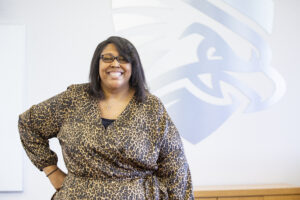
“… As you know, we are educating our students to go out and be those change agents, so we want them to be aware and have the best skills possible. But in addition to that, we also want to make sure that our employees as well as our external stakeholders understand the value that we have with relation to diversity and inclusion,” she added.
Asked what happens if someone doesn’t say the right thing or comply, she said it is a two-pronged answer.
“… On the official side, if there is an allegation related to … discrimination or harassment of a protected category, obviously we have some mechanisms in place to address that. There would be an investigation, of course, looking into those matters and then remedying that situation. We have to do that, as you know, because we receive federal funds. Federal funds fall underneath Title VI, a little caveat to this is any organization or entity that receives any dime of federal funding, you must ensure that you have a work environment, academic environment that is free from any type of discrimination and harassment,” Lowery said.
If someone makes an off-color joke and her office is told of that situation, they would work with their partners in human resources as well as the people involved to find out exactly what happened.
“… But then you would use that opportunity to address that in an educational manner. Sometimes folks just don’t know. So … you can help them understand and bridge that gap. In other entities, sometimes some people are just going to do what they want to do, and in that (case), we would have to have a conversation about what is acceptable and appropriate.”
If the behavior continues human resources would step in and talk to the employee and suggest that maybe the environment they’re in is not right for them.
“… But we try not to be punitive because, again, what we want is an environment where everyone feels welcome and feels included. People are going to make mistakes. We understand that. But part of the way that we help mitigate that is we offer opportunities for training. We offer opportunities for folks to come in and have that conversation. And we really try to help people understand. This is probably why you don’t want to say things like that. This is how this could be offensive to someone …,” and offer a way to move forward together, Lowery said.
Training for staff is online and in person. Departments contact her department and say they would like to have a training session on implicit bias, for example.
“And so, per their request, we can do an in-person training, or if it’s easier to kind of do it online, we can instruct that and put it underneath our LMS, which is Canvas, our learning management system,” Lowery said.
She added that UTPB also partners with other UT schools, and if they’ve got a canned program or training, UTPB can work with them to conduct the training.
“… It really depends on what the department needs,” she said.
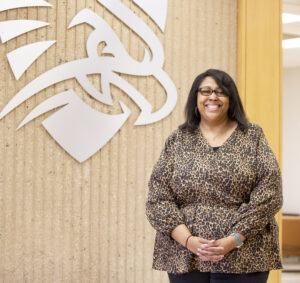
Lowery said she was recruited from Oklahoma State University, where she served as the Title IX coordinator/deputy equal opportunity officer.
She earned a bachelor’s degree in politics from Marymount College of Tarrytown, N.Y., now called Marymount College of Fordham, a master’s degree in communication from Eastern New Mexico University in Portales, N.M., and her doctorate in higher education administration from UT Austin.
Diversity and inclusion has been a passion of Lowery’s since she started in the workforce.
“My dissertation focused in on how the institutions of education make diversity and inclusion really a specific value, and so through all of my positions I’ve given trainings on diversity (and) inclusion (and) worked with different committees. But when Dr. (Sandra) Woodley asked me to serve as a diversity officer it was like, ‘Oh my gosh, really? Yay!’ But really it’s a culmination of a lot of hard work over the years and to get your dream job, it’s a fantastic opportunity …,” Lowery said.
President Sandra Woodley said she is thrilled to have Lowery in her new role.
“Dr. Lowery comes to this position with a great deal of experience. She is passionate about this work and a true leader on campus. One of her great strengths is helping people feel comfortable talking about uncomfortable things. Our university is diverse with faculty, staff, and students who come from different backgrounds, with different ideologies, and varied life experiences. We have much to learn from each other, and Tanya facilitates this work in a way that is safe and constructive,” Woodley said in an email.

